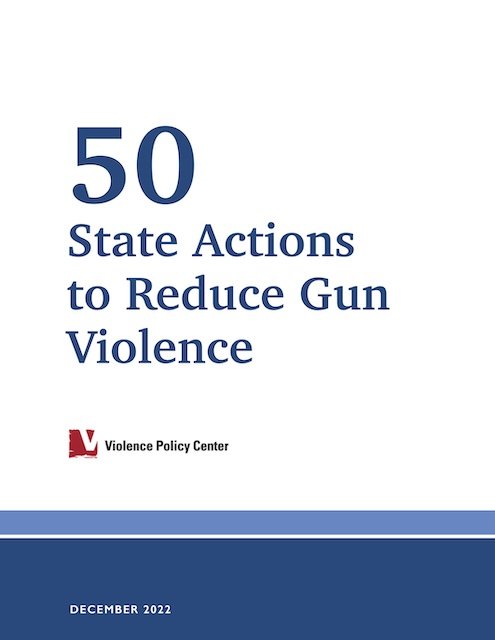By Paul Michael Reeping
Gun-free zones have the potential to increase or decrease the risk of gun crime and active shootings that occur within their borders. People who assume that gun-free zones increase gun related outcomes believe that the lack of the ability for law-abiding citizens to carry a firearm, and thus an inability to engage in defensive gun use if a threat presented itself, makes gun-free zones a soft target for crime. Those that assume gun-free zones decrease gun related outcomes believe the absence of firearms eliminates the risk of an escalation of violence to gunfire. Up until this point, there has been no quantitative research on the effectiveness of gun-free zones, despite the topic being highly controversial. This dissertation was therefore the first to: create and describe a dataset of active shootings in the United States, and assess the extent to which defensive gun use occurs during these events (Aim 1); conduct a cross-sectional ecological analysis for the in St. Louis, Missouri (2019), both city and county, comparing the proportion of crimes committed with a firearm that occur in gun-free school zones compared to gun-allowing zones immediately surrounding the gun-free zone to quantify the effectiveness of gun-free school zones and (Aim 2); conduct a spatial ecological case-control study in the United States where cases are the locations or establishments of active shootings between 2014 and 2020, to quantify the impact of gun-free zones on active shootings, and assess if active shooters target gun-free zones (Aim 3).. The results of Aim 1 of this study suggested that defensive gun use during active shootings was rare, usually does not stop the attack, and does not decrease the number of casualties compared to active shootings without defensive use. Aim 1 also thoroughly described the novel active shooting dataset. I found in Aim 2 that gun-free school zones had fewer crimes committed with a firearm than corresponding gun-allowing zones in St. Louis, MO in 2019. There were 13.4% fewer crimes involving a firearm in gun-free school zones, with a confidence interval ranging from 23.6% fewer to 1.8% fewer (p-value: 0.025). Aim 3 determined that the conditional odds of an active shooting in an establishment that was gun-free were 0.375 times the odds of an active shooting in a gun-allowing establishment with a confidence interval ranging from 0.193 to 0.728 (p-value<0.01), suggesting that gun-free zones did not attract active shooters, and may even be preventative. In conclusion, gun-free zones did not appear to increase gun related outcomes and may even be protective against active shootings. Efforts across the United States to repeal laws related to gun-free zones, due to the belief that gun-free zones are targeted for violence, are therefore not backed by data. However, these are the first quantitative studies ever conducted on the effectiveness of gun-free zones, so more research is needed to build on the results of this dissertation.
New York: Columbia University, 2022. 133p.


















